Many brands have jumped on the “woke ” bandwagon, attempting to align themselves with social justice causes. The implication is that these brands’ support of social causes alienated some of their customer base. There isn’t always a clear cause-and-effect between a brand’s social stance and its decline, but let us delve into some brands that faced a decline after embracing woke marketing.
Burger King

Burger King decided to celebrate International Women’s Day by changing its name to Burger Queen. Critics viewed the campaign as tokenistic and superficial, as it did not address the deeper issues of gender inequality within the fast-food industry or society at large.
Many felt that the initiative was just a marketing gimmick to trivialize the feminist movement, which fights for severe issues like equal pay and opportunities for women. The campaign generated negative publicity, damaging the brand image and alienating potential customers who felt the message was disingenuous. The brand should have taken genuine action and careful planning before taking this step.
H&M
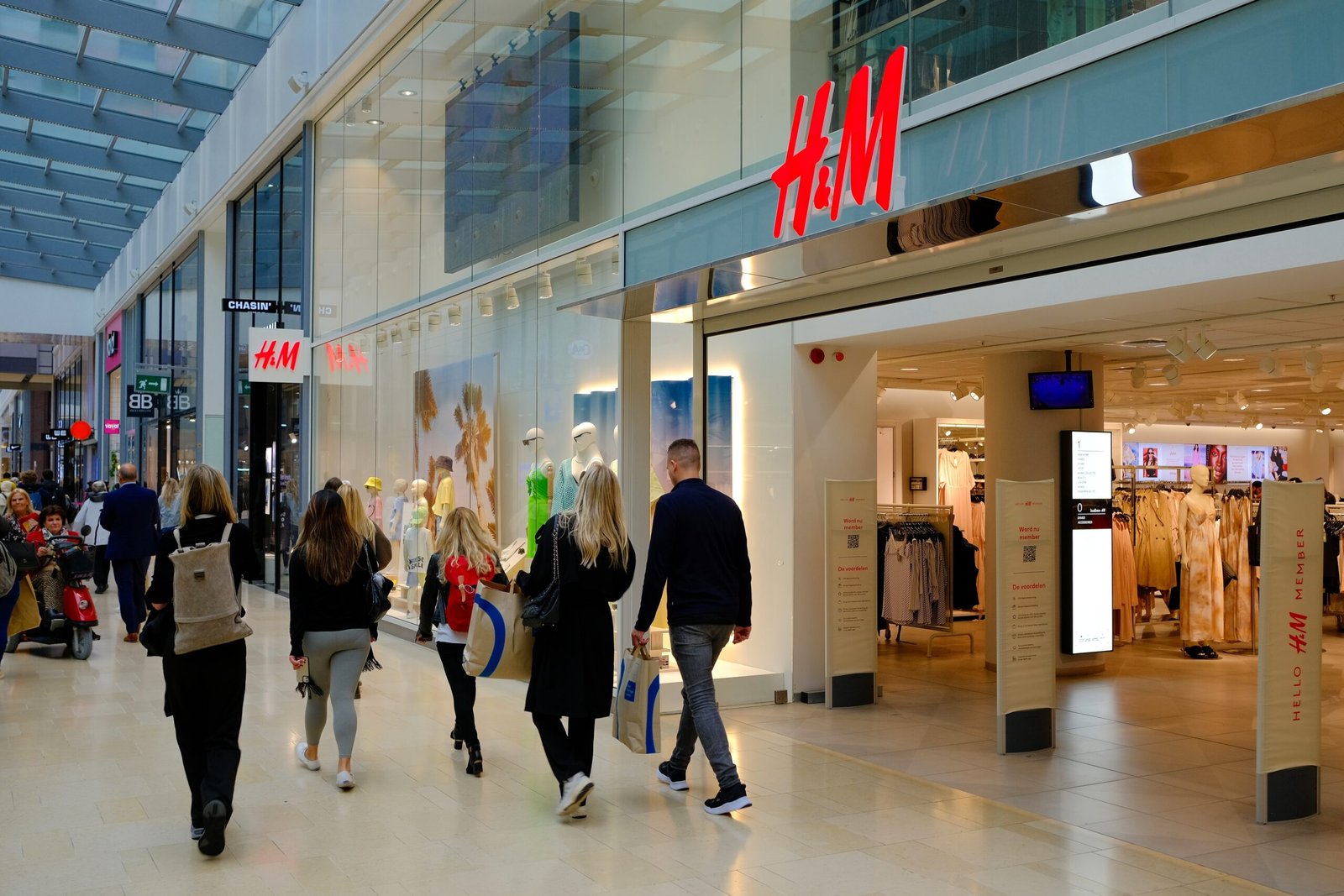
H&M decided to promote a children’s hoodie with the slogan “coolest monkey in the jungle,” featuring a black child. This ad sparked outrage because the phrase “monkey” has been used as a racial slur against black people for a long time. Being an international company, it lacked awareness of such racial connotations and raised questions about its understanding of its diverse customer base. The slogan was seen as insensitive, spreading widespread criticism on social media and news outlets. H&M apologized publicly and removed the ad from all channels. It is an example of a cautionary tale where companies must be culturally aware and ensure their actions align with their message.
Airbnb
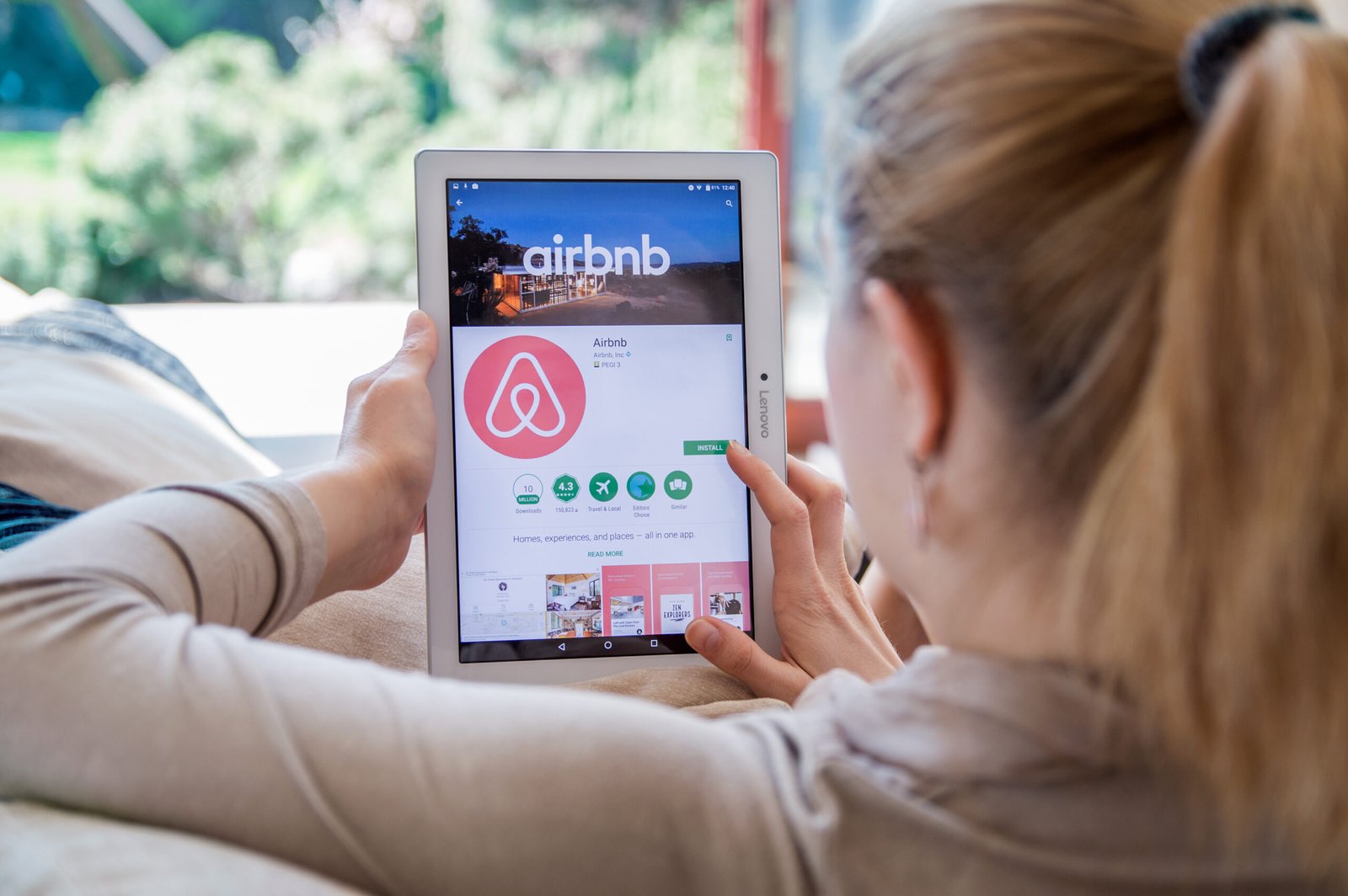
Airbnb was criticized because it allowed discrimination on its platform as it started profiling guests based on race. The host could reject the booking request based on race or legitimacy. It contradicted the core values Airbnb believed in. Connecting people from different backgrounds and making them feel safe was violated by this act. Airbnb has taken steps to combat discrimination through various policies and training for hosts, but it is still an ongoing process.
Dove
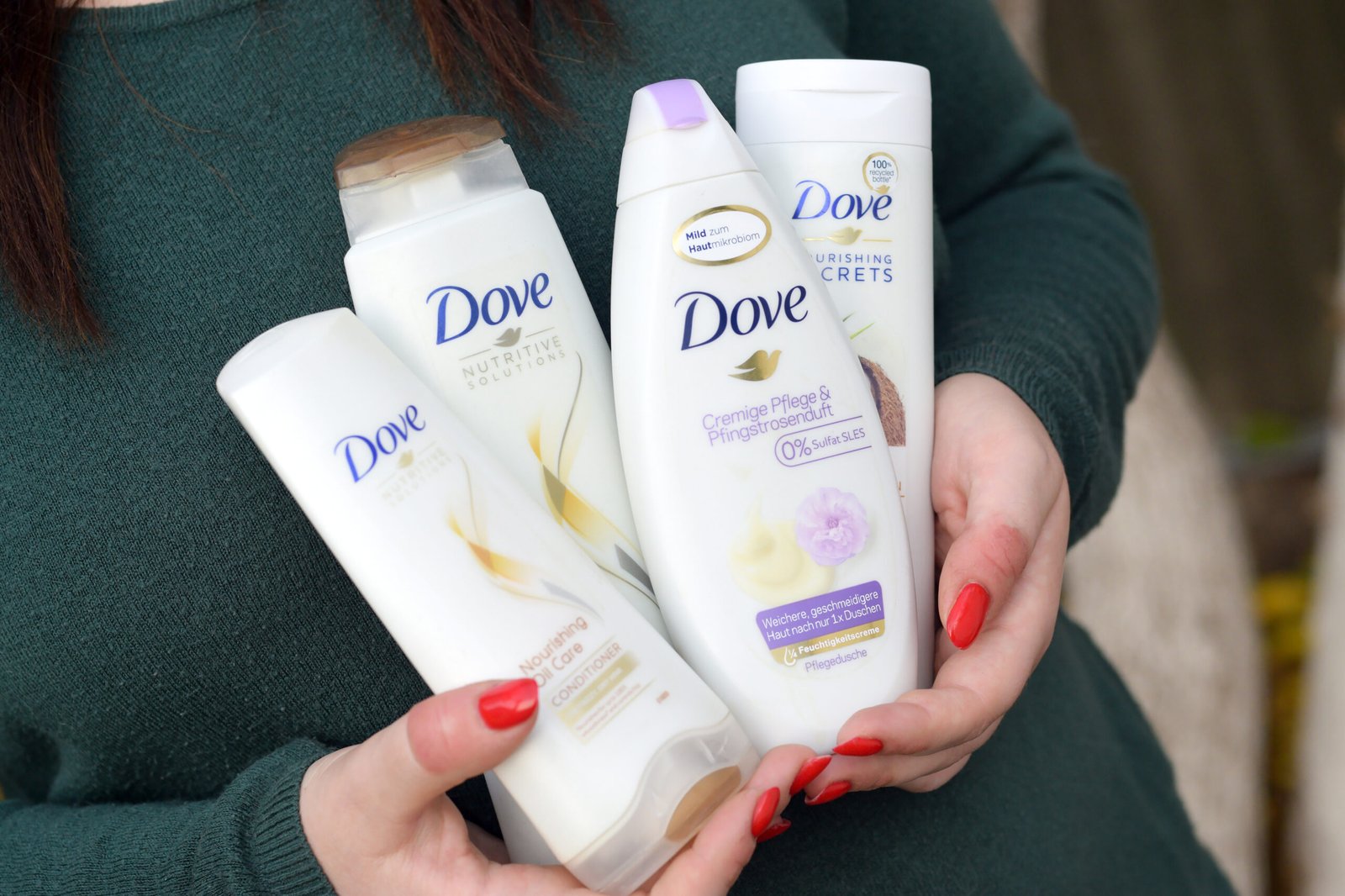
The “Real Beauty” Campaign by Dove was a well-known effort launched in 2004 to redefine beauty. The primary goal was to challenge the narrow beauty standards often portrayed in the media and the old conventional attractive models. It would boost self-confidence and body positivity among women and young girls. Despite the positive intentions, Dove faced severe criticism as it is owned by Unilever, which has other beauty brands promoting beauty standards through photo manipulation. Dove could not truly advocate for promoting natural beauty.
Nike
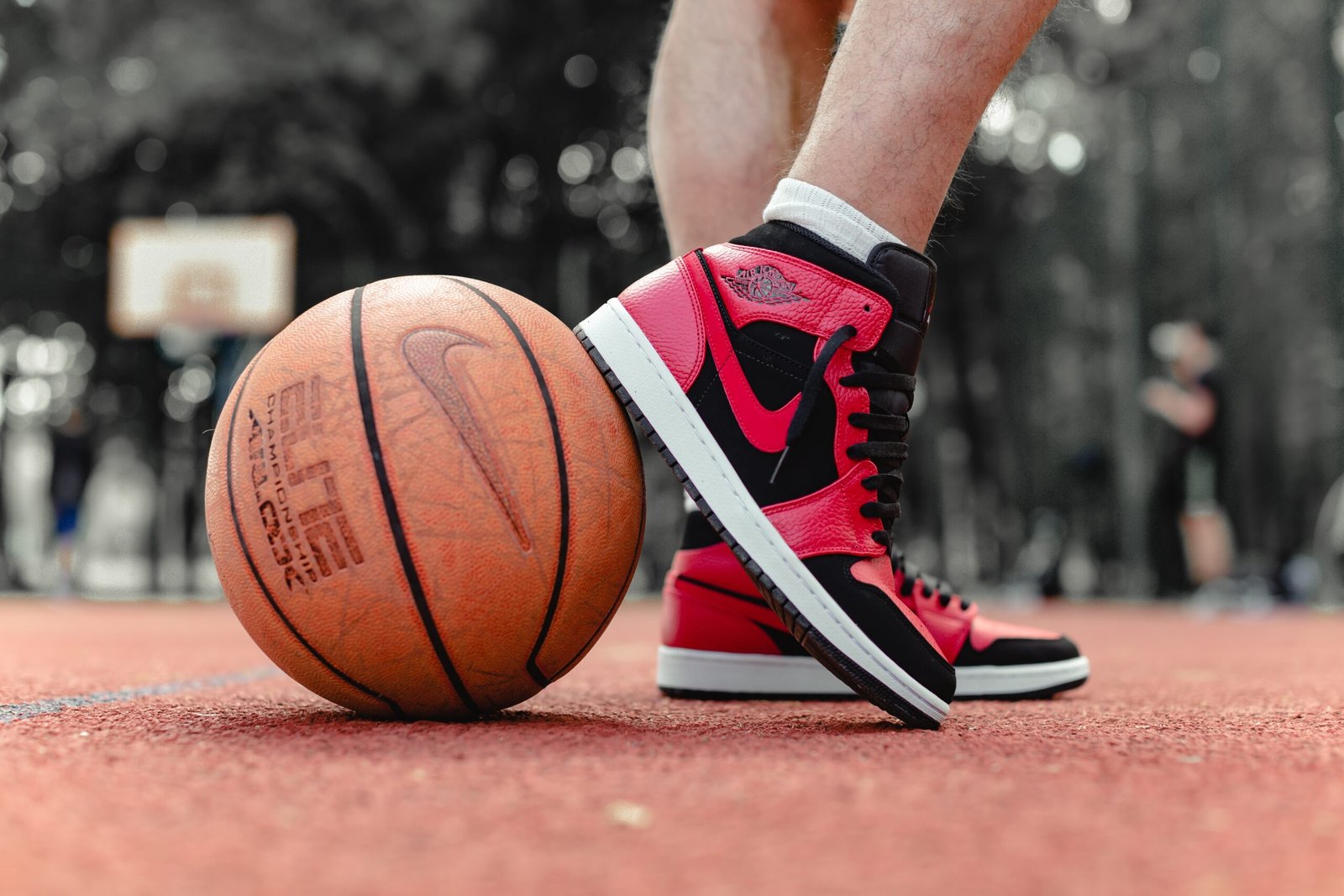
Nike publicly supported a former NFL quarterback, Colin Kaepernick, who became a prominent figure for kneeling during the national anthem to protest racial injustice and police brutality. It was seen as a strong stance on social justice issues and resonated well with those who supported his message. It was a strategic move for Nike to connect with a younger audience and promote its brand, but it faced significant backlash. Viewers who disagreed with Colin’s method found the flag and national anthem disrespectful. This disagreement resulted in a boycott of Nike products for disrespecting patriotism.
Pepsi

Pepsi released an ad featuring Kendall Jenner in 2007, in which she walks through a crowd at a protest and eventually joins the march. Jenner, a white celebrity, detached herself from the crowd and offered a can of Pepsi to the police officer. The officer accepts the can and takes a sip. He smiles with a seemingly positive resolution to the tension. The company faced significant backlash for this ad for various reasons. The first reason explained how offering a soda could solve complex problems and was seen as insensitive. The use of a white celebrity in the movement to focus on police brutality against minorities was considered exploitative and intended to trivialize serious issues. Pepsi pulled the ad within 48 hours of its release and issued a public apology.
Starbucks
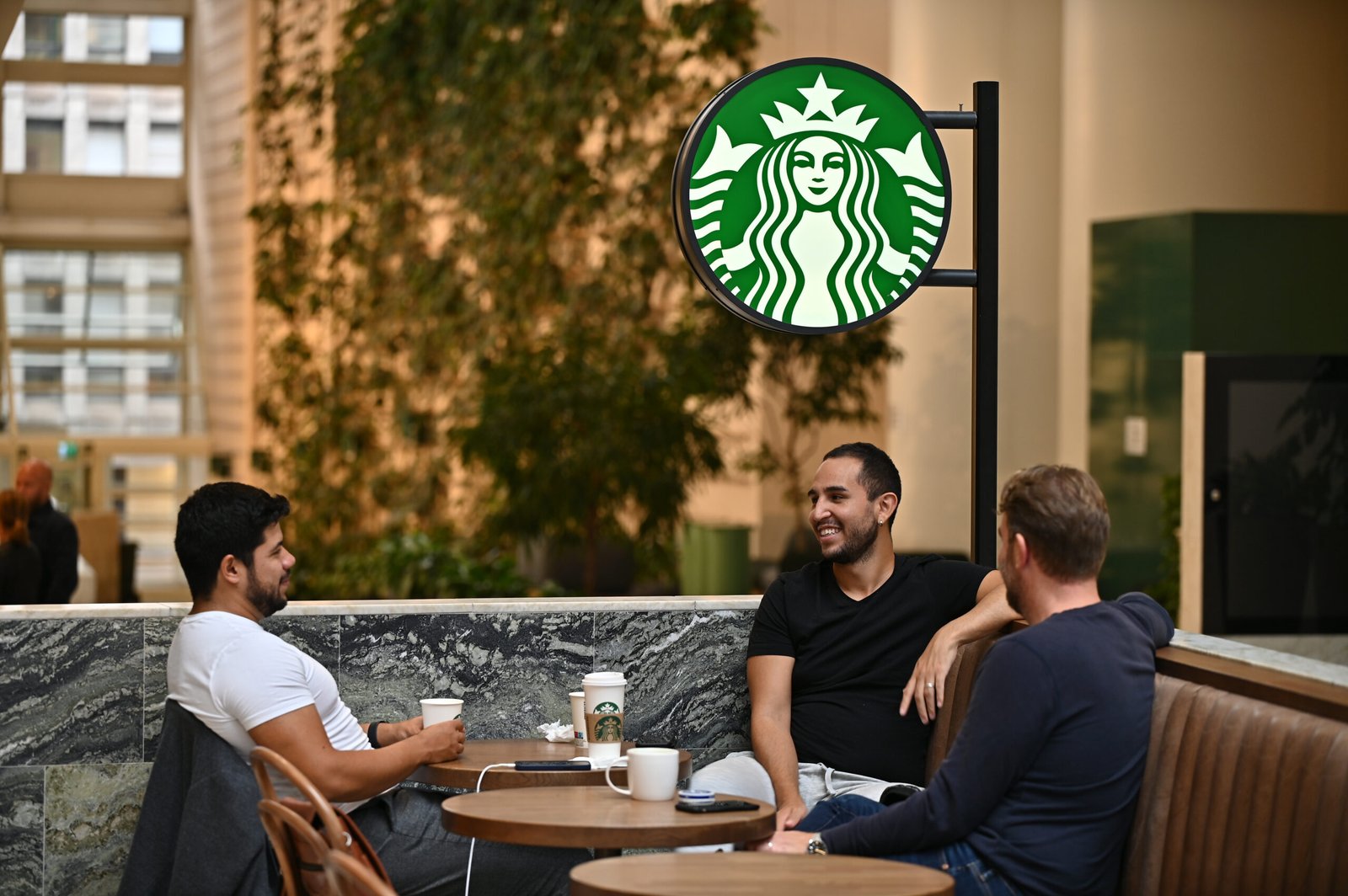
Starbucks launched a campaign called “Race Together,” which aimed to spark conversations about race relations in the US. Baristas were encouraged to write “Race Together” on coffee cups and initiate discussions with customers about racial issues. This initiative gathered a lot of backlash from customers as a superficial attempt without addressing more profound problems. Major baristas failed to facilitate meaningful customer conversations due to insufficient training. While most customers just wanted to grab a coffee and not engage in a complex discussion, which led to the failure of this initiative, Many accused Starbucks of “virtue signaling,” where the brand tried to appear socially progressive but failed to take proper action.
Gillette

Gillette launched the “The Best Men Can Be” campaign to tackle a social issue that challenged the traditional notions of masculinity, particularly toxic masculinity, emphasizing dominance and aggression. It also highlighted issues like bullying, sexism, and sexual harassment, urging men to be better role models. Many viewers felt that the advertisement generalized all men as perpetrators of such negative behavior. In contrast, others thought it was a cynical move to use a social issue to sell more razors. This backlash resulted in a significant boycott of Gillette’s products and declining sales figures.
Loreal
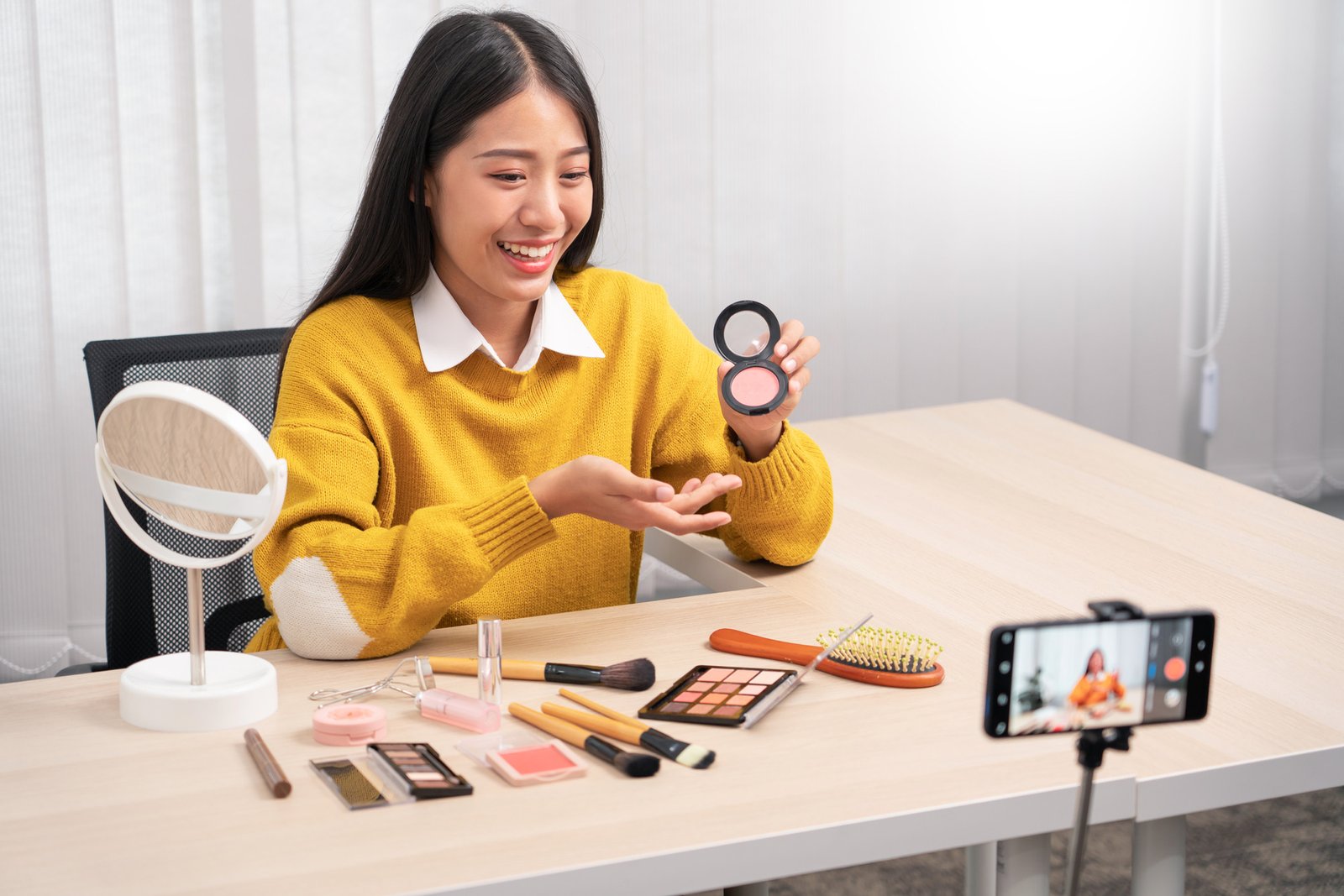
Companies must be mindful of the gap between their stated values and actions. Loreal, a major cosmetics company, is known for promoting diversity and inclusion. Munroe Bergdorf, a black transgender model, was hired as a symbol of diversity but was fired shortly for speaking out against an issue that directly affects many people of color. Her social media comments criticized white supremacy in the wake of a violent white nationalist rally. This incident raised questions about the company’s commitment to diversity and inclusion.
Patagonia

Patagonia puts effort into promoting environmentalism by encouraging people to buy less and use recycled material. It is a brand known for its outdoor apparel and solid environmental activism. This move was contradictory as they champion sustainability, but they still produce products that have an ecological impact. The brand follows traditional manufacturing processes for making clothing and gear, which are water-intensive and require significant energy. These durable products can generate pollution and contribute to a lot of waste. Many critics believe this activism is a marketing gimmick rather than a genuine commitment to sustainability.
Ben & Jerry’s
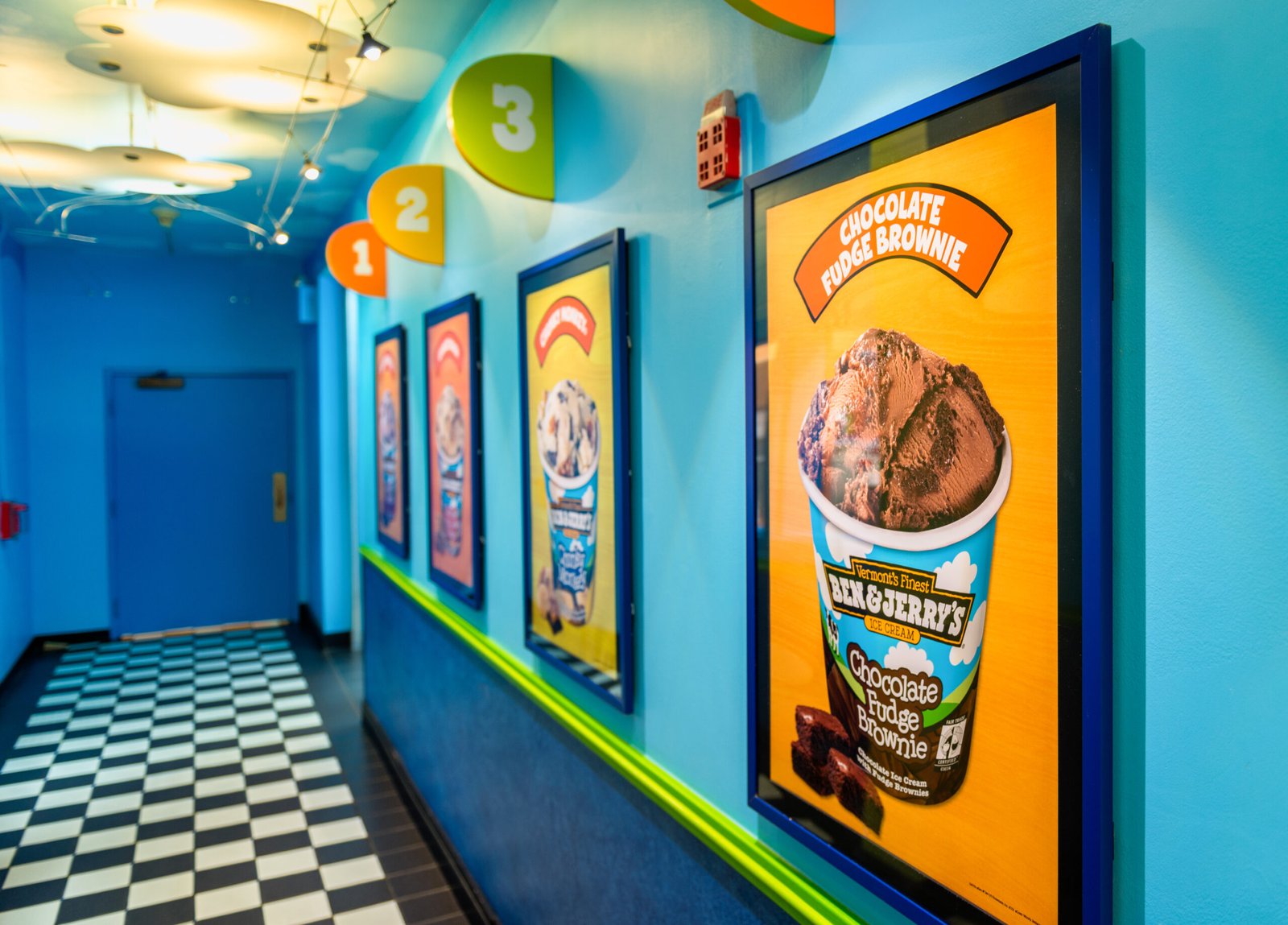
This ice cream company is known for being outspoken about social justice issues. They have been vocal supporters of movements like Black Lives Matter. The founders believed in a value-driven approach and differentiated their brand based on these approaches. The founders,Ben and Jerry, attracted customers by supporting social causes, but some customers criticized them for these acts. These critics noted the inconsistencies between their social justice stances and business practices. Taking a stance on these social issues can alienate customers who do not support them, eventually leading to a decline in sales.
Coca-Cola

The content of Coca-Cola’s training program for employees was leaked online. It included a session that encouraged employees to be “less white”. The material sparked outrage, and the phrase “less white” was seen as offensive. Critics believe that diversity training should focus on understanding racism and not changing one’s racial identity. People argue that all backgrounds should celebrate true diversity, and Coca-Cola’s approach to diversity and inclusion was demeaning.


